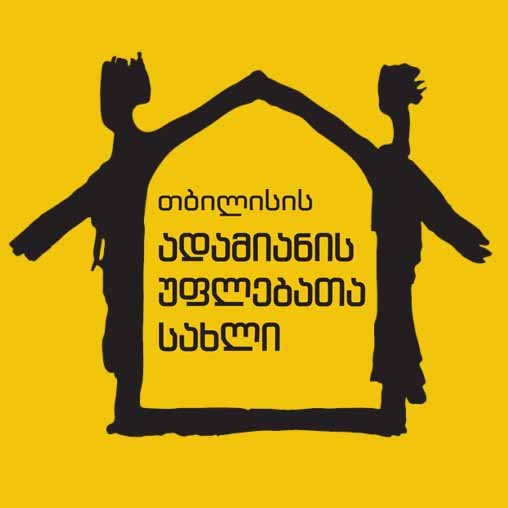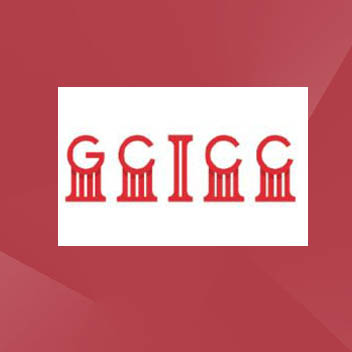Press Release
Freedom House Report Citing Reports and Assessments from Human Rights Center
23.05.2021
Font size
Human rights watchdog organisation Freedom House published a report Nations in Transit 2021. When assessing the legal framework related to the judiciary and the independence thereof in Georgia as well as the issues of democratic governance, Freedom House referred to the reports and analytic documents prepared by Human Right Center.
The Report mentions the legal analytical documents of the criminal cases and the court proceedings of Irakli Okruashvili, Nikanor Melia, Giorgi Rurua, Giorgi Ugulava related to the events of 20-21 June, 2019, further the interim and summary reports of the monitoring of the court proceedings with alleged political motives, and the 2020 interim report on the monitoring the protest demonstrations.
According to the Report of Freedom House, all four cases were pursued with observed legal shortcomings and violations. In terms of political motives, the Report also mentions the cases of Mamuka Khazaradze, Badri Japaridze and Avtandil Tsereteli charged with money laundering. On the latter cases, Human Rights Center was carrying out court monitoring within Legal Aid and Human Rights Monitoring project supported by the National Endowment for Democracy (NED).
According to the Report, in addition to ongoing political interference in Georgia’s judiciary, the country’s court system saw a number of challenges in 2020 to its most basic functions and legal guarantees brought on by the COVID-19 pandemic.
According to the Paper, after the transfer of the power in 2012, the Office of the Prosecutor General initiated investigations against the representatives of the former government making some of the observers to suspect the political motives in the cases.
As what the monitoring of the protest demonstrations concern, the report reads that despite the pandemic-related restrictions on public gatherings and demonstrations, protests nevertheless took place during 2020. Most were peaceful and law enforcement bodies did not repel demonstrators, except for the few cases where police used disproportionate force.
In the Report, the emphasis is also made on the amendments to the Law of Georgia on Public Health which Freedom House is assessing based on the analytical document of Human Rights Center and agrees with the position of HRC that the introduced amendments authorize the executive authorities to carry out the measures in peaceful times without any parliamentary supervision the authorities usually would be allowed to carry out only in the case of declaration of the state of emergency and the examination of the legitimacy of the measures were the immediate duty of the Parliament.
Further, the Report reads referring to the report from HRC that despite that there was no material evidence of government discrimination regarding financial support, social aid, or medical treatment during the pandemic, officials responded in different, inequitable ways to the needs of various religious faiths. Meanwhile, the restrictions established due to the coronavirus were mitigated in favor of the representatives of the Apostolic Autocephalous Orthodox Church of Georgia.
Apart the above mentioned, Freedom House states, referring to the HRC report Covid-19 Pandemic and Human Rights 2020, that in confronting the challenges posed by the COVID-19 pandemic, the plight of the disadvantaged and some minority groups in Georgia was brought to the fore. Issues faced by transgender people, for example, escalated.In protesting the lack of attention and support for this social group, one young transgender woman attempted self-immolation in front of Tbilisi City Hall, as the pandemic crisis revealed the problem of economic and social exclusion of transgender people in society.
The Report includes many other issues. It specifically mentions that main changes in Georgia along with the electoral process concern the situation of independent media as a result of which the democracy score in the country has declined from already low 38 to 36 from 100 possible.
Human Rights Cente
Press Release




